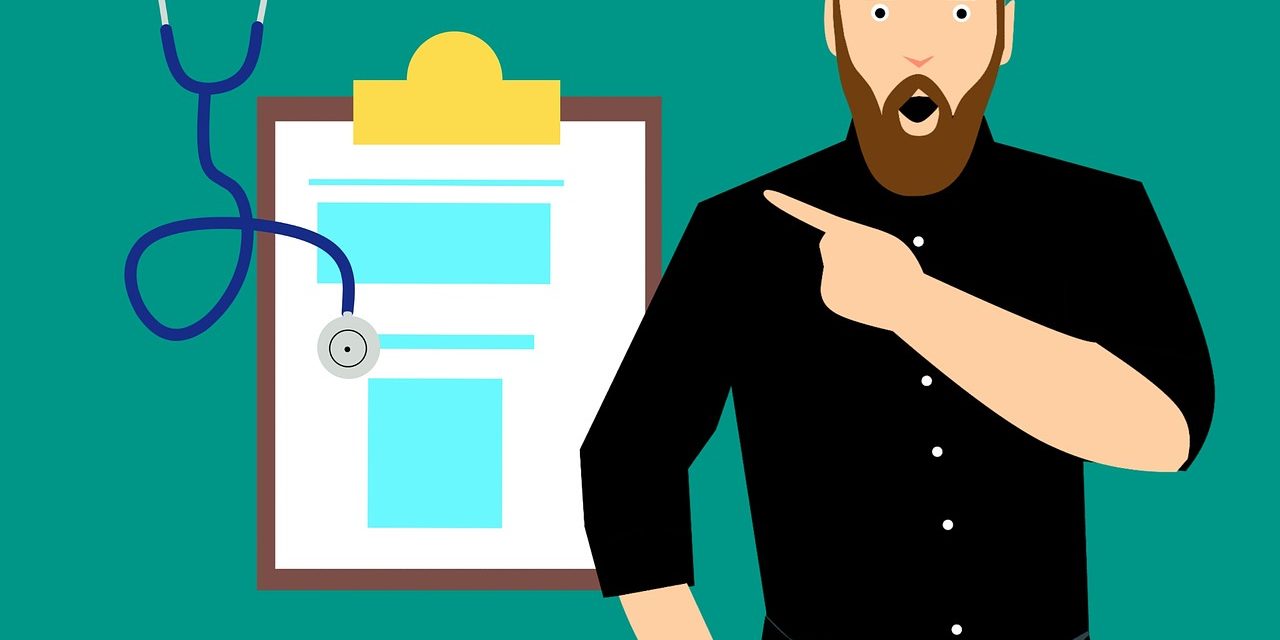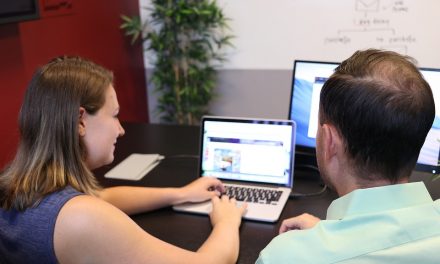Strong passwords are, of course, important for security. But security for many people remains problematic as Internet users fail to take it seriously.
For example, we are still learning a lesson about passwords.
For instance, consider a password lesson at the expense of 16,288 patients who were treated at UCLA’s network of hospitals and clinics. The patients’ sensitive information got in the wrong hands following a burglary of a doctor.
The information was on the computer hard drive stolen from a doctor’s home, according to an article in the The New York Times (UCLA Health System Warns About Stolen Records). Medical records of the patients included addresses, birth dates and medical information covering July 2007 to July 2011.
The possible good news: The personal medical data was encrypted. But the alarming news: A piece of paper containing the password to the medical records was missing from the doctor’s home.
“Rule 1 is never write down passwords,” warns nationally known security expert Stan Stahl, Ph.D. (https://www.SecureTheVillage.org).
“Rule 2 is – if you’re going to break Rule 1 – do it securely,” he adds.
“If you must write a password down, write it on a piece of paper the size of a credit card and keep it in your wallet with your credit cards and your driver’s license,” explains Dr. Stahl. “And just write the password: write ‘15Blah-blah-blah’ not ‘my laptop password is ‘15Blah-blah-blah’.”
Oh, lest I forget: Consider a password manager. But do your homework for obvious security reasons.
From the Coach’s Corner, here are additional cybersecurity tips:
Security Precautions to Take Following Citibank’s Second Reported Online Breach — Citibank’s admission that private information of 360,083 North American Citigroup credit card accounts was stolen by hackers in 2011, which affected 210,000 customers, serves as a warning for all businesses and consumers to take precautionary steps. The bank’s May 2011 security breach wasn’t reported until weeks later.
Protect Your Bank Accounts So You Can Sleep at Night — Imagine for a moment — you’re sitting at your desk enjoying a second cup of morning coffee. Then, your phone rings. It’s a call from your bank to discuss possible fraud. Your bank is concerned about possible suspicious activity with your accounts, and wants to make sure you’re not a victim.
“If you spend more on coffee than on IT security, you will be hacked. What’s more, you deserve to be hacked.”
-Richard Clarke
__________






